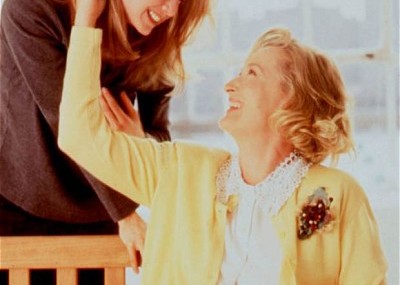Years ago, a Harvard sociology professor spoke on the subject of “taming barbarians.” He maintained that across many diverse cultures and throughout time, the future and stability of every civilization depended on it. Barbarians were defined as boys and men, ages 15-25.
Barbarians, he said, tend to live for self-serving, short-term goals. Girls and women—as child-bearers—are fundamentally more interested in building the future. And so the taming force for guys comes down to whether or not they form committed relationships—through marriage and parenting.
However, in modern times (read: birth control and promiscuity) many young women are short-term-goalers too. Just think how many sitcoms and reality shows depict 20 to 30-somethings acting like junior high kids—cheating, lying, backstabbing, and hooking up. A & E’s Crazy Hearts: Nashville premiered last night offering just that.
And so marriage and family structures are at risk on more than one front. Committed relationships are the glue in all societies, and the lack of them brings instability and downfall. History is fraught with examples.
Maybe you’re offended by this professor’s analysis. I tend to agree with him, though I don’t see it as a gender issue—rather a human condition.
In our carnal nature, we’d like everything to be centered around our life, with others fitting in accordingly. We want control of the channel-changer. We secretly turn the thermostat up or down to our liking. Movies like The Stepford Wives (1975) and the recently released film called, Her (2013), explore the idea of spouses and lovers created as an extension of ourselves. We want the world to be “personalized” for us.
Google, Amazon, and Siri are constantly forming their sense of what we want, echoing our desires back to us. Pandora will make a radio station just for you. Writer, Cass Sunstein, says that this kind of thing is a form of modern slavery. Similar to Huxley’s Brave New World, “people have lots of fun, but their lives lack meaning or genuine connection.” Their desire for pleasure is both “seductive and soul-destroying.”
Basically, we’d like to eliminate the wildcard of another’s “otherness.”Continue reading









